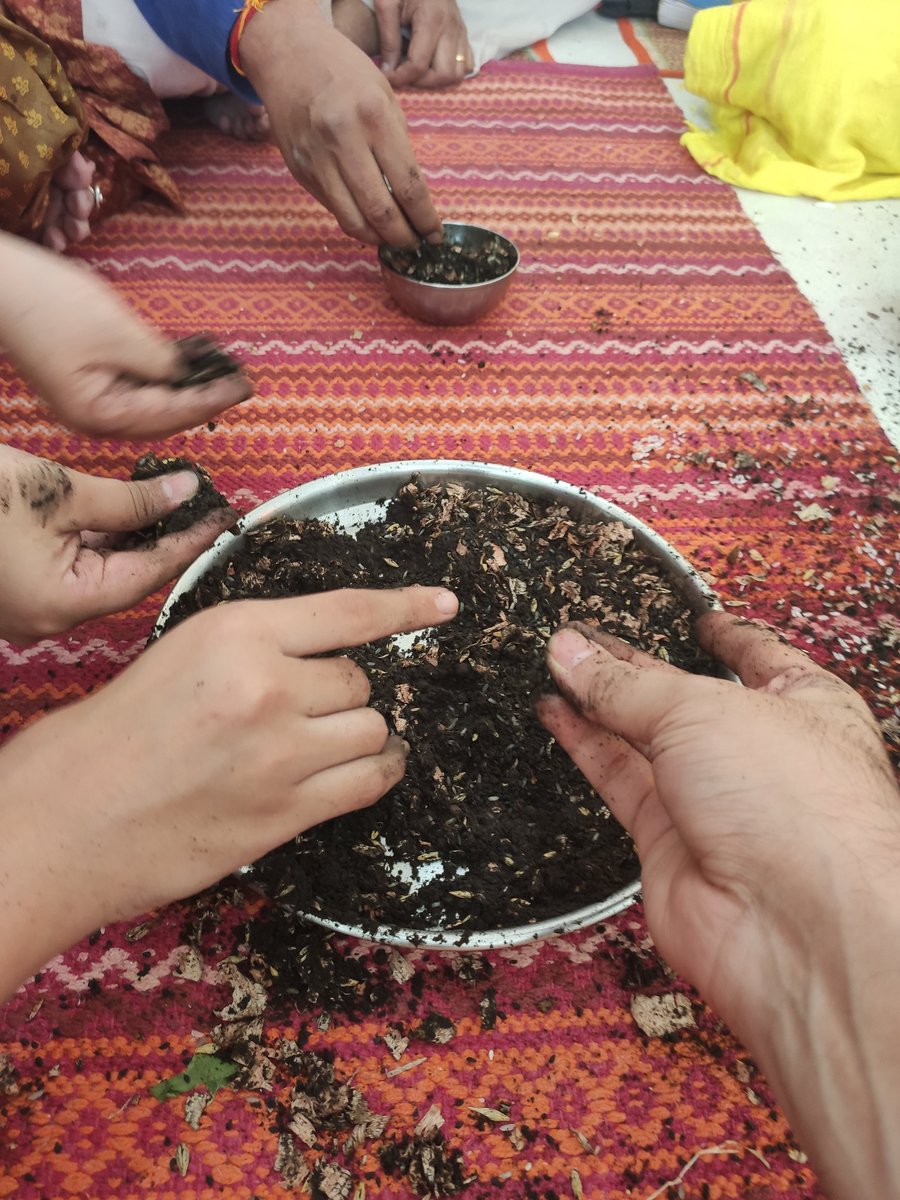
Derivation and meaning of ‘nididhyāsana’
‘निदिध्यासन’ की व्युत्पत्ति और अर्थ
[Video in Hindi]
Full video link:
1/5
‘निदिध्यासन’ की व्युत्पत्ति और अर्थ
[Video in Hindi]
Full video link:
1/5
2/5
3/5
4/5
5/5
• • •
Missing some Tweet in this thread? You can try to
force a refresh















